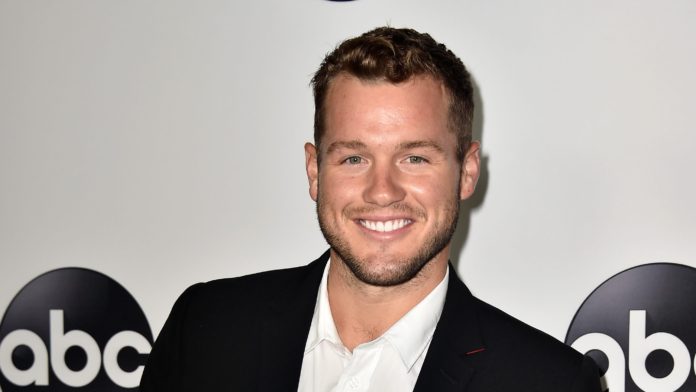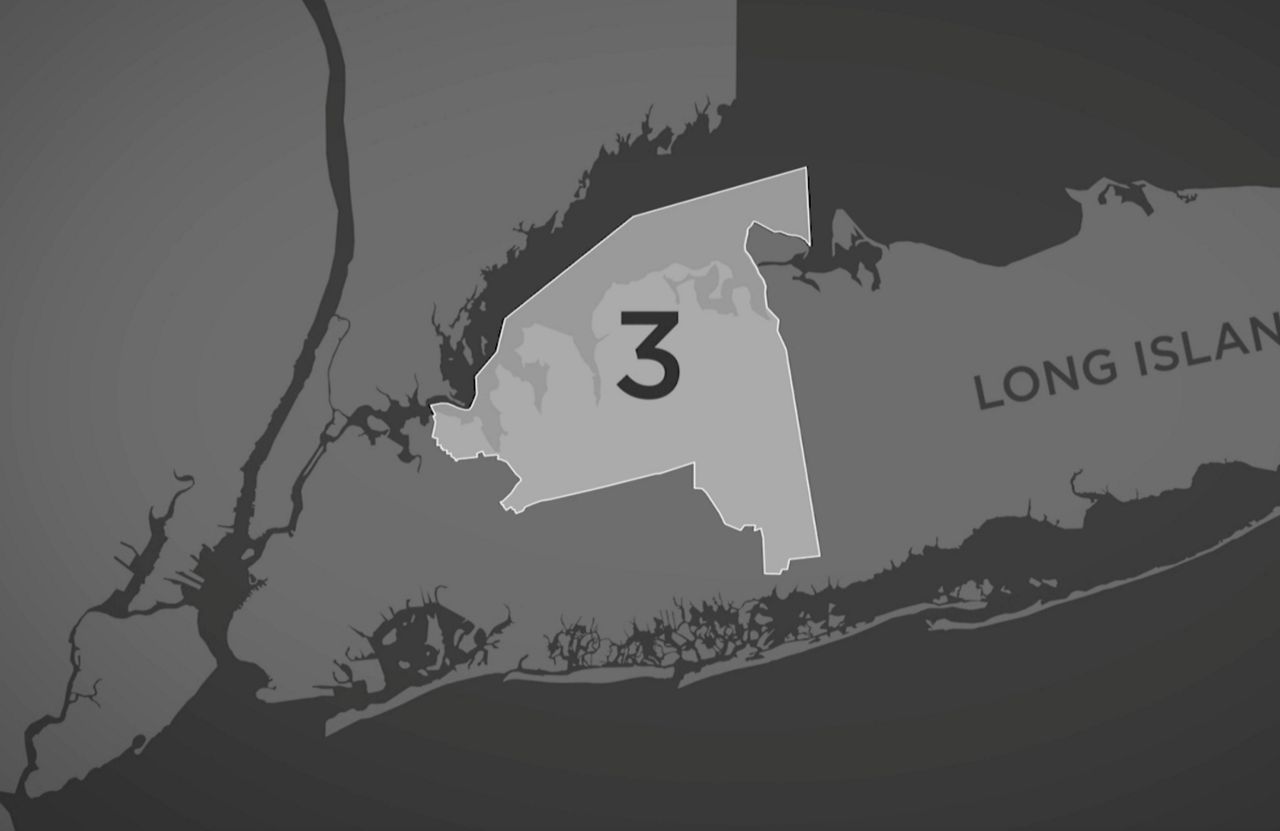The Spanish podcast “De Pueblo, Católico y Gay” explores the intersection of LGBTQ, Latino, and Catholic identities. It’s a platform for uncomfortable conversations that can lead to understanding, unity, and healing.
Eder Díaz Santillan, who was known as KLOVE (107.5 FM) personality “Gorritas,” is the host-creator-producer of the 30-minute podcast. New episodes are posted every Monday.
“Most of the interviews I post explore those three parts of an individual’s journey: The discovery of your sexual and gender identity, learning the language to self-identify with, and the family aspect you grew up in and how it affected, if it did,” says Díaz Santillan, 35, who also is a part-time lecturer at Cal State Northridge’s Spanish journalism program.
“I find that Latinx individuals, even if they don’t come from a pueblo themselves, are still raised in households that embrace that traditional binary role where there is a male assigned very specific role and a role assigned to the woman. There’s very little room for anything else,” Díaz Santillan says.
“De Pueblo, Católico y Gay” was inspired by Díaz Santillan’s coming out process. Family acceptance for Latinx LGBTQ youth is a top concern when coming out, according to a report from the Human Rights Campaign. The report found that one in three Latinx LGBTQ youth fear for their safety when coming out because they were raised in families that embraced conservative values and religious beliefs.
“De Pueblo, Católico y Gay,” launched in mid 2018, has posted 111 episodes during its six seasons. Each 17-episode season mirrors the academic semester during the school year.
The podcast has been downloaded more than 300,000 times.
Díaz Santillan, who received a bachelor’s degree in journalism, also is a student, working on his master’s degree in mass communication at Cal State Northridge. The podcast is part of his thesis.
In an interview with Q Voice News, Díaz Santillan, 35, talks about how his dad inspired the podcast, why he left KLOVE, and why it’s important to have a Spanish podcast.
Here are some excerpts.
More from Q Voice Newst:Laverne Cox, Sterling K. Brown to star in ‘The Normal Heart’ virtual benefit reading
His students know he is gay
“I notice that students who also identify as queer tend to open up faster about projects they want to work on, tend to be a little more outspoken,” Díaz Santillan says. “I think my being out provides a safe space of students who identify as part of the community.”
Coming out to his family
Díaz Santillan came out when he was 20 in 2005.
“The immediate reaction from my family to my coming out was very welcoming,” Díaz Santillan says. “I moved on with my life. I went to college. I graduated. I stayed in L.A. to work. I started to live my own life.
“My dad lives in the Inland Empire. I would come over on the weekends and visit. One day, about five years ago, we were having a conversation, and he opened up about what it was like for him after I came out as gay,” says Díaz Santillan, whose parents separated before he came out. “He said he had difficulty sleeping for a few months, worrying about me being bullied or attacked for being who I am.”
Family conversations
“I never checked in on my mom, or dad, or my siblings. I just told them and moved on,” Díaz Santillan says. “It brought upon this realization that coming out is a really hard thing for some Latinx households. There are individuals who have open communication and don’t struggle with guilt. But then there are individuals, like me, who have deep intersectionalities with religion, and tradition. Coming out becomes a very dramatic, emotional process.
“Having those conversations is hard, and all the conversations after that are hard, too,” Díaz Santillan says. “I realized that we really need to talk about this.”
In case you missed:Many are more comfortable in their bodies during the pandemic. For some LGBTQ people, it’s the opposite.
KLOVE (107.5 FM)
Díaz Santillan was a morning show producer and weekend on-air talent at the radio station from 2014 to 2019.
“We would avoid a queer conversation on the air,” Díaz Santillan says. “They didn’t have a space in Spanish language media. I knew this as a producer. I abided by it as a producer.
“It felt like the online space could offer me that platform,” Díaz says. “I knew I couldn’t do it in mainstream media.”
“I quit the radio station,” Díaz Santillan says. “I wanted to be myself. I was out, but felt like I was in the closet at work, in a way. I couldn’t come out to my audience.”
Spanish podcast
“The podcast is mostly conversations in Spanish because I want to make sure that the podcast is accessible to everyone in the Latinx community and that the language does not become a barrier for this content,” Díaz Santillan says. “I am happy to see many platforms addressing these issues in English, but Spanish speakers continue to have less of these resources available.”
Podcast reaction, format
“Mostly what it’s done is that it’s inspired people to tell their stories,” Díaz Santillan says. “I think that motivation to speak up comes from, Wow. I’ve never seen myself in something.”
Díaz Santillan asks his guest five questions: How do you remember your childhood? What does God mean to you? How did you find the words, learn how to self identify? Are you happy?
“I’m not pressing for details. People are sharing what they want to share,” Díaz Santillan says. “A lot of people are not coming for advice, they just want to get this information off their chest.”
“There have been times on the podcast when, after the episode, I refer guests to a professional therapist or I give them resources that help in the healing process.”
The guests
“Every single person who is willing to share so much of their life with me leaves a huge and lasting impact. I remember every conversation in detail,”Díaz Santillan says. “I am eternally grateful that they trust me to the point that they are willing to share with me things they haven’t shared with anyone else. That to me is very powerful.”
Did you see this? The pandemic fueled more diversity in the film industry in 2020. Will that progress continue?
Season 6 guest
“In this sixth season, I was able to speak to Edgar again. He first came to me in season two as an anonymous story,” Díaz Santillan says. “At the time, he felt like he needed to come out as bisexual to his wife to be his whole self in the relationship.
“I remember the fear in his voice and his desire to speak freely about this part of his life that he had never shared to anyone. I was the first person to ever know his identity, and subsequently, so were my listeners,” Díaz Santillan says. “After two years of putting in the work and going to therapy, he finally is comfortable sharing his name and had a beautiful coming out conversation with his wife.”
Wanted guest
“I have yet to have a priest on the podcast,” Díaz Santillan says. “It is essential to have an open conversation with someone that represents the church about my experience with the church as a gay man. It’s looking really good for that to finally happen during this season.”
His agenda
“My goal is that queer individuals don’t live a life feeling like they have to hide a part of themselves. My goal is to promote conversations, especially within families so that you are your whole self with your loved ones,” Díaz Santillan says. “I hope nobody puts themselves in danger to come out. That’s the most important thing to be safe.
“A lot of people avoid it for many reasons, and they live these dual lives, where you are a person in front of your family and relatives because you think they won’t accept your whole self,” Díaz Santillan says. “I want that to end.”
Q Voice News is a digital news magazine that brings LGBTQ news out of the closet. It serves the LGBTQ community in Los Angeles and beyond.








